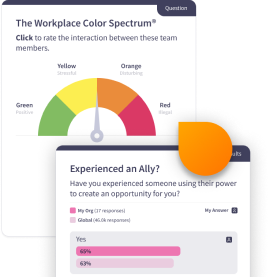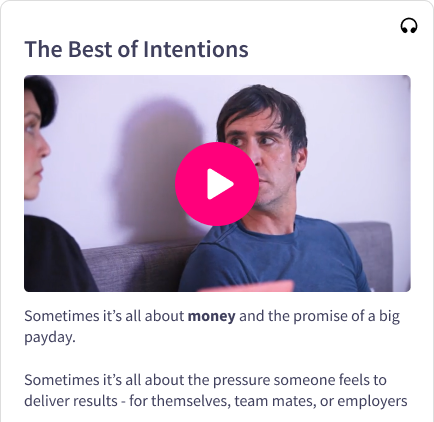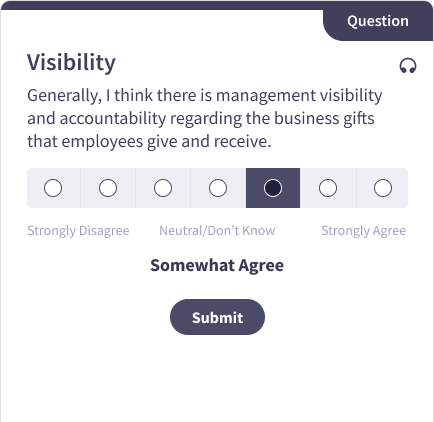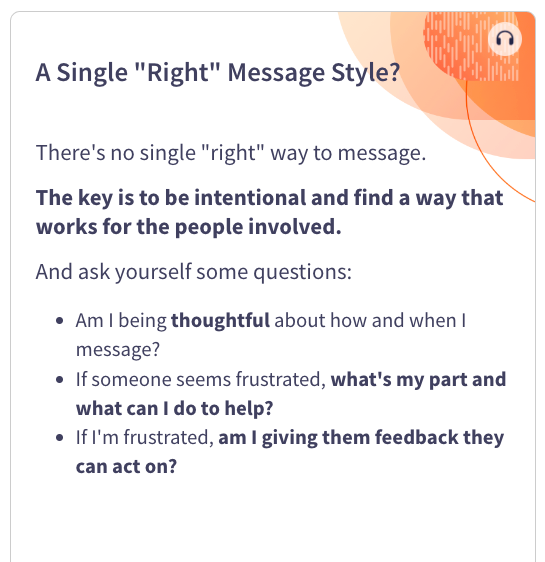
Promoting Transparency and Trust in the Workplace
We frequently turn to our networks to fill positions. But personal relationships can create potential conflicts with nepotism. Hiring managers need to take special steps when a friend or family member is among the candidates. How do you support them without having loyalties called into question?
Microlesson DescriptionIn this microlesson, we demonstrate how hiring managers need to take unique steps when a friend or family member is among the candidates to hire. Conflict of interest situations can look bad to others. It’s important to have a fair process for everyone. We provide best practices to navigate these situations so that everyone gets a fair chance.
Key Concepts- Why it’s important to let stakeholders and HR know about suggesting to hire a friend or family member for a position.
- Allowing others to evaluate or interview the friend or relative, even if they help to evaluate other candidates.
- How to give others visibility into the hiring process so they can see how a decision is made.
Microlesson Features
- Employee sentiment pulsing questions that provide leaders with insights into their workforce's core cultural competencies
- Emtrain's Expert Answers tool, enabling employeees to submit anonymous questions about sensitive issues.
- Rich, contemporary video scences illustrating key concepts through realistic scenarios
- A data driven, skill-based approach to eLearning that establishes a shared language for employees.

Related Resources
Related Trainings
Frequently Asked Questions
Below are answers to common questions that employees and managers have about this topic. These FAQs provide a preview of what you’ll learn in this microlesson and why it matters.



